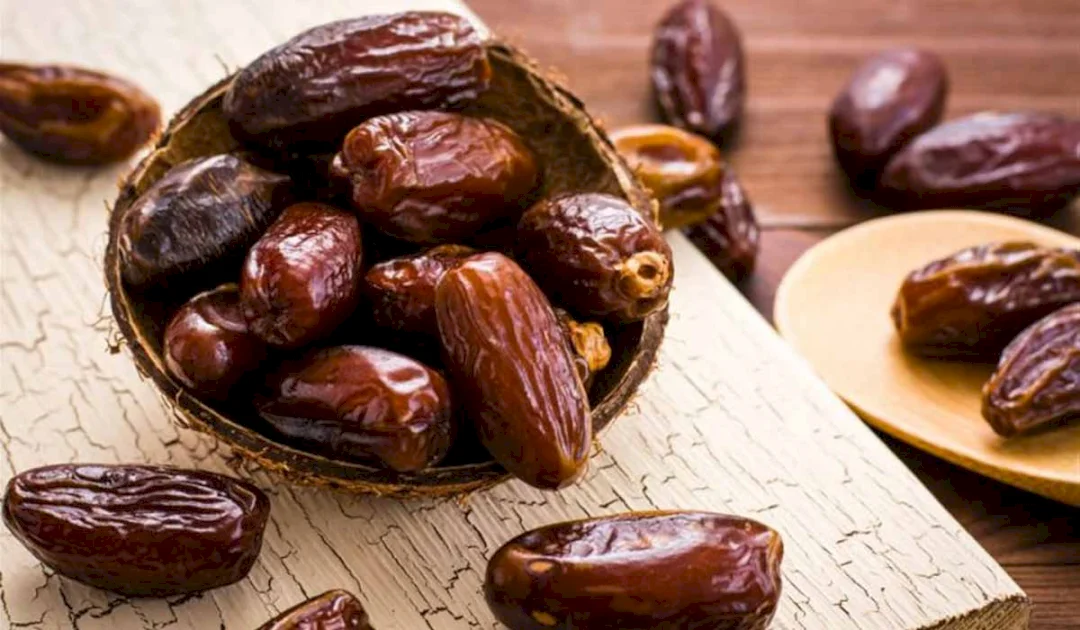SadaNews – Dried dates, available year-round, are considered a healthy snack rich in fiber and other nutrients. Fresh dates, in season, contain less sugar and calories and more antioxidants, according to the “Verywell Health” website.
What is the difference between fresh and dried dates in terms of nutritional value?
Both fresh and dried dates contain many nutrients and vitamins, but their nutritional content differs slightly. While fresh dates have moderate amounts of potassium and magnesium, dried dates have higher amounts of these micronutrients as well as calcium.
Fresh dates have fewer calories
Fresh dates contain a higher percentage of water, making their calorie content lower, as well as a lower amount of sugar, according to Natalie Allen, a registered dietitian and assistant professor of nutrition at Missouri State University.
Allen added, “Dried dates are calorie-dense, but they provide a convenient source of quick energy throughout the year.”
If you have fresh dates available, their water content will be about 60 percent compared to dried dates, which contain only about 25 percent water, according to Joan Salge Blake, a registered dietitian and nutrition professor at Boston University.
Blake explained that the water content in fruit is important as it contributes to the feeling of fullness or satiety.
She added, “This high water content can help you feel full faster than dried dates. Without this high water content, it is easy to overeat dried dates due to their higher calorie content in each bite.”
Blake mentioned that dried dates may also contain added sugars, depending on the brand you buy.
Dried dates are rich in fiber and minerals
Both fresh and dried dates contain essential minerals, but the drying process concentrates the nutrients. Therefore, while dried dates have more sugars and calories than fresh dates, they are also a richer source of fiber and calcium and potassium.
In fact, dried dates may contain more than twice the amount of fiber found in fresh dates.
Fresh dates retain more antioxidants
Research has shown that dried dates have lower levels of vitamins and antioxidants compared to fresh dates.
One study found that dried dates contain slightly more fat and protein than fresh dates.
The study also noted that dates may be a relatively good source of B vitamins, C, A, and vitamin K. However, there may be a deficiency in vitamins during the drying process, meaning that fresh dates might have higher amounts of these important vitamins.
Another study, which analyzed the antioxidant activity in three local varieties of dates from Oman, both fresh and sun-dried, found that all date varieties are a good source of natural antioxidants and can be considered functional foods. Nonetheless, some of their antioxidant components are lost during sun drying.
Difference in flavor and texture
While both fresh and dried dates have a sweet taste, their flavor and texture differ due to the drying process.
Allen explained that fresh dates tend to be softer, moister, and juicier, while dried dates have less moisture and a denser, chewier texture.
In terms of taste, fresh dates have a rich flavor reminiscent of caramel. On the other hand, dried dates are more like candy because of their high sugar content.
